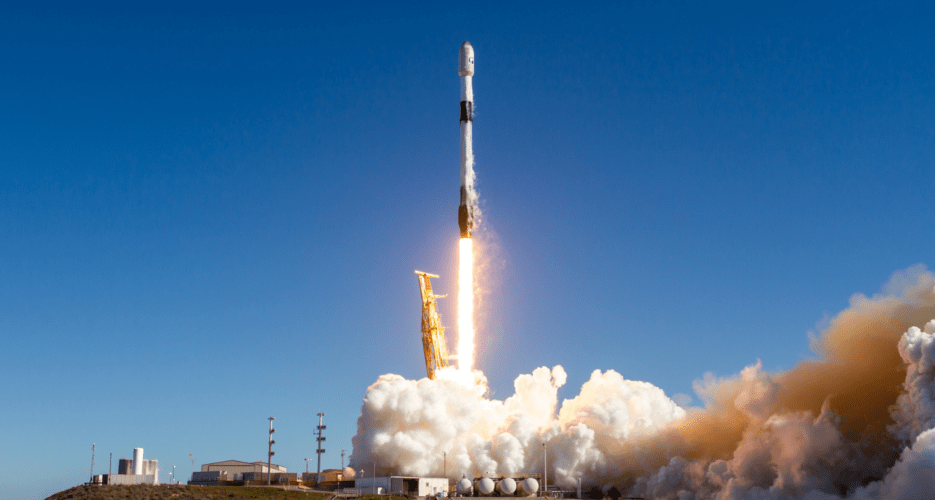While enhancing surveillance capabilities, Seoul’s space-based ISR capability may exacerbate existing regional tensions
A SpaceX Falcon 9 rocket carries South Korea’s first indigenous spy satellite from Vandenberg Space Force Base in California, Dec. 1, 2023, Image: ROK Ministry of National Defense
South Korea’s launch of the first in a series of five indigenous military reconnaissance satellites last Friday — a project undertaken with SpaceX — grants the country something it has long sought: an independent space-based intelligence, surveillance and reconnaissance (ISR) capability.
This successful deployment reduces Seoul’s reliance on Washington for space-based ISR inputs — significantly enhancing the ROK’s strategic situational awareness. However, it also raises questions about the risks and challenges in an increasingly volatile Northeast Asia.
South Korea’s launch of the first in a series of five indigenous military reconnaissance satellites last Friday — a project undertaken with SpaceX — grants the country something it has long sought: an independent space-based intelligence, surveillance and reconnaissance (ISR) capability.
This successful deployment reduces Seoul’s reliance on Washington for space-based ISR inputs — significantly enhancing the ROK’s strategic situational awareness. However, it also raises questions about the risks and challenges in an increasingly volatile Northeast Asia.
Get 30 days
of free access to
KoreaPro
Full access to all analysis
The KOREA PRO newsletter, every business day
Daily analysis on the top story of the day
The ability to suggest topics for coverage by our specialist team
Be smart about South Korea
Get full access to expert analysis and opinion.
Start now
No charges during your trial. Cancel anytime. A paid subscription will start after 30 days.
© Korea Risk Group. All rights reserved.
No part of this content may be reproduced, distributed, or used for
commercial purposes without prior written permission from Korea Risk
Group.












